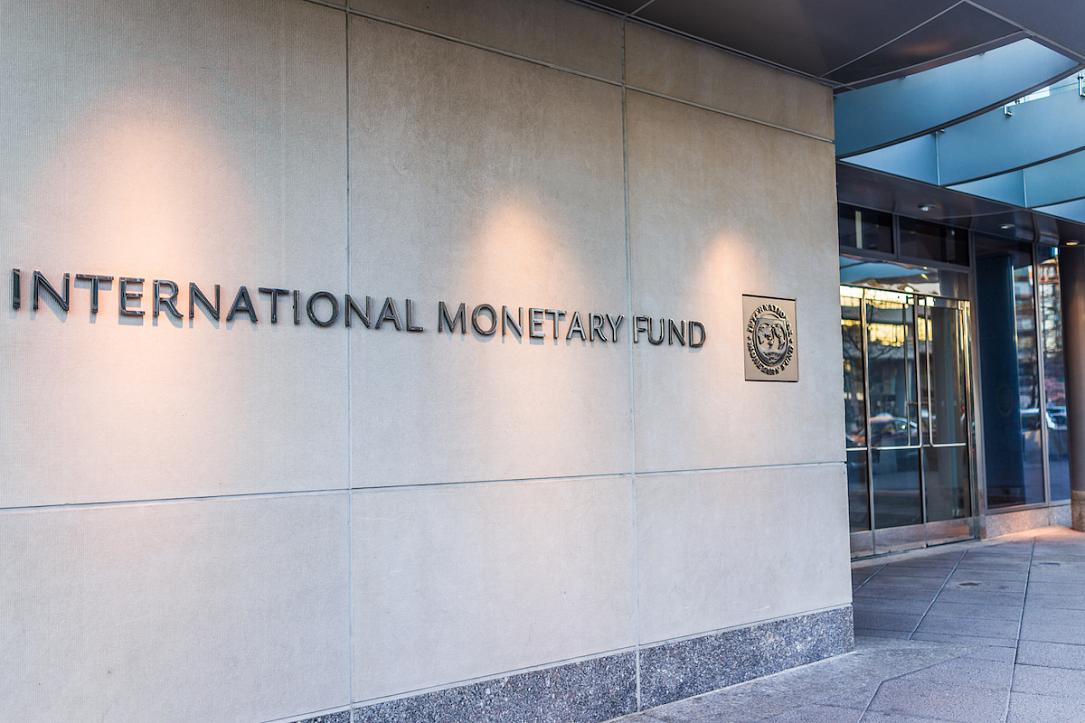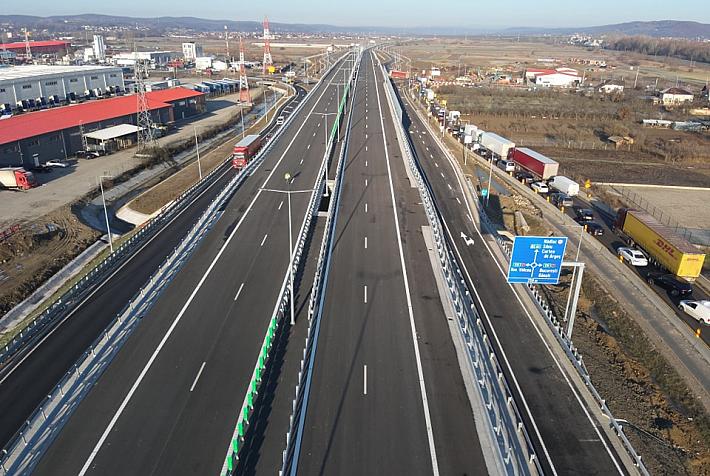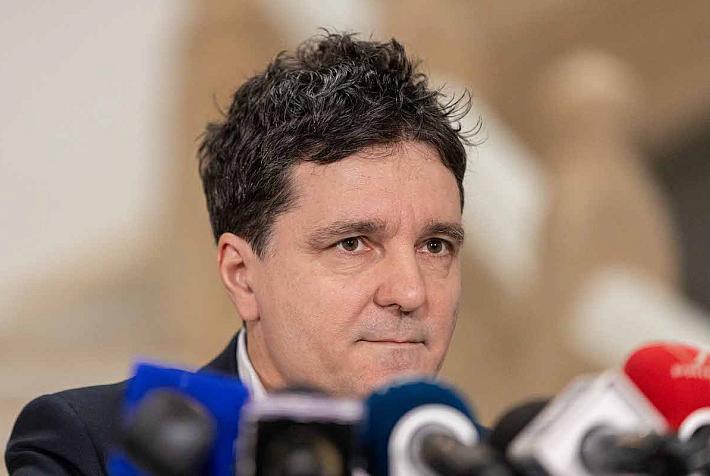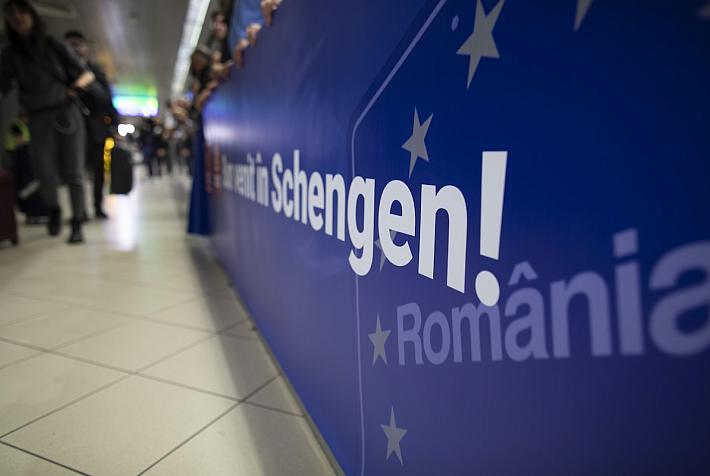IMF foresees “strong economic recovery” in Romania

A strong, 7% real GDP rebound is projected for 2021 in Romania, according to the conclusions of the International Monetary Fund (IMF) expressed after the annual macroeconomic review carried during May 10-28 under (Article IV Consultations).
The stronger than expected economic recovery in recent months has helped the fiscal outlook, the Fund says, recommending the Government to save the revenue windfall, which would result in a 6.8%-of-GDP public budgeted deficit versus the initial 7.2% target.
Amidst the solid economic growth, the current account deficit, however, is projected to widen further this year to around 5.5% of GDP. Gradually increasing exchange rate flexibility together with fiscal consolidation could also address the current account deficit, as the crisis recedes, the Fund believes.
The Fund points to downside risks (adverse shifts in the evolution of the pandemic, including possibly due to new virus strains, shorter vaccine effectiveness, or unwillingness to vaccinate) and stresses that the absorption of significant EU funds will be pivotal to Romania’s economic performance over the next year.
Strengthening revenue administration is critical to raise tax collection towards average EU levels, the Fund says. The Fund’s recommendations for the Government go in the direction of broadening the tax base and closing loopholes with a view of achieving “a more equitable distribution of the tax burden” so that everyone contributes their fair share. Eliminating disparities in income taxation would improve transparency and productivity of the tax system, further encouraging compliance, the Fund’s statement reads.
On the same note, prime minister Florin Citu recently said that “excessive tax allowances” will be phased out.
Regarding the National Bank of Romania, the IMF says that “extending monetary accommodation beyond this year can be appropriate, as long as consistent with the inflation target.”
On the banking system, the Fund implies the impact of the crisis will become visible in the future. The debt service moratoria expired in March, which will help enhance visibility on asset quality going forward. In case loan portfolios deteriorate materially, the Fund says that the use of capital can be accommodated while allowing a more extended period to rebuild. Further, it says that preparations need to be in place for efficiently handling a potential increase in debt restructuring and business insolvencies.
In more general terms, the IMF recommends improving economic governance for achieving convergence of living standards to those in richer EU economies. Strengthening the governance of SOEs will be crucial for absorbing EU funds, bridging public infrastructure gaps with EU peers.
iulian@romania-insider.com
(Photo source: Shutterstock)













